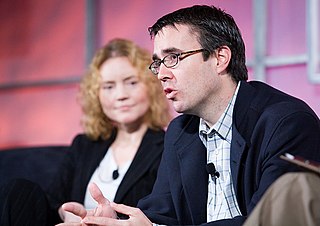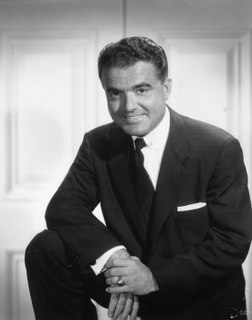A Quote by Girl Talk
Fair use is a part of United States copyright law. You don't know if it falls under fair use until you go to court. Someone has to sue you and then you have to challenge it.
Related Quotes
Governor Gray Davis has asked the California state Supreme Court to delay the October recall vote because he says that's not enough time to put on a fair election. Hey, let me tell you something. If we didn't need a fair election to pick the president of the United States, we don't need a fair election to pick the governor of California.
Although a science fair can seem like a big "pain" it can help you understand important scientific principles, such as Newton's First Law of Inertia, which states: "A body at rest will remain at rest until 8:45 p.m. the night before the science fair project is due, at which point the body will come rushing to the body's parents, who are already in their pajamas, and shout, 'I JUST REMEMBERED THE SCIENCE FAIR IS TOMORROW AND WE GOTTA GO TO THE STORE RIGHT NOW!'"
Because the bill in reserving a certain parcel of land in the United States for the use of said Baptist Church comprises a principle and a precedent for the appropriation of funds of the United States for the use and support of religious societies, contrary to the article of the Constitution which declares that "Congress shall make no law respecting a religious establishment."
Is it fair for the bears to come down to where humans live, looking for food? Is it fair for the Duke's soldiers to shoot at them? Is it fair for the bears to crush them with giant snowballs? Often, if you point out something that isn't fair, someone will reply, "Life isn't fair." What is to be done with such people?


































